The folly of losing friends, influence and money
Image generated using https://deepai.org/machine-learning-model/text2img
By RN Bhaskar
In the second week of May 2025, India decided to cancel security clearances for the Turkish company Celebi (https://www.firstpost.com/explainers/turkey-celebi-aviation-india-aiports-13888717.html). It had begun delivering world-class ground handling and cargo services in India, and the cancellation of the security clearances meant that it would not be able to build the airport, despite having arranged funds and even begun work. Celebi, obviously, took the matter to the courts, and the battle is now likely to be fought there.
There was another provocation in April 2024, when India abruptly (https://maritime-executive.com/article/after-india-cancels-shipbuilding-order-turkey-suspends-defense-exports) cancelled a contract for ship-building with Turkey’s Anadolu Shipyard. The $2 billion deal involved the construction of five fleet support ships (FSS) for the Indian Navy at India’s Hindustan Shipyard, with technology and engineering support from Anadolu.
The official reason was that the government wanted to boost capacity for local shipbuilding. Turkey retaliated by imposing a moratorium on exports of arms and defence items to India.
Thus, when the India-Pakistan skirmish began (it was not a full-fledged war), India discovered that Turkey had supplied arms to Pakistan. That was the immediate provocation for the action against Celebi. Trade with Turkey was banned. So was tourism. But Indigo has said that its collaboration with Turkey would continue (https://www.freepressjournal.in/business/indigo-defends-turkish-airlines-partnership-amid-nationwide-boycott-calls-says-deal-benefits-indian-economy).
While the matter relating to Celebi will be decided by the courts, the decisions have not given India a good name. Nobody likes contracts to be cancelled. It pushes up the risks for doing business here, and hence the costs.
There is also the question – why pick on Turkey? The US, China and Sweden also supply arms to Pakistan. Why has India not taken a similar action against those countries as well?
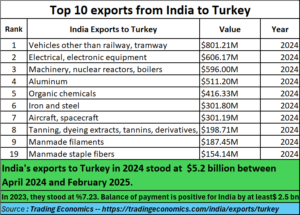 Shooting down a revenue generator
Shooting down a revenue generator
The action against Turkey could hurt India in another way. India exports goods and services worth over $5 bn to Turkey. This includes vehicles, electrical components, chemicals and even oil related products. Since Turkey is a part-member of the EU ( It signed a Customs Union agreement with the EU in 1995 and was officially recognised as a candidate for full membership on 12 December 1999), India has used this country for exporting items for value addition and then for onward export to other countries in Europe. Even Reliance has used this route to send its refined oil products.
At a time when India already suffers from a negative trade balance, declining exports and a slowing GDP, does it make economic sense for India to take this action against a key trade partner in the Middle East?
Just look at the numbers. India’s trade balance is worsening. It is likely to further worsen. At such times, it is highly advisable to keep trade partners as close as possible. Trade winds too are shifting rapidly. Every country needs to ramp up its list of trade partners to meet the turbulence that is expected.
Look at another bit of news — https://timesofindia.indiatimes.com/business/india-business/indias-net-fdi-crashes-96-5-in-fy25-lowest-on-record/articleshow/121353121.cms. India’s net FDI has crashed 96.5 % to $353 million, in the latest quarter. This is the lowest on record. One key reason could be that FDI does not go to countries that cancel contracts.
But India has not heeded to such sensible arguments.
It has suspended Pakistan flights over its airspace, which in turn has made Pakistan close its air space to India. As a result Indian airlines could lose around $800 million annually (https://aviationa2z.com/index.php/2025/05/06/pakistan-airspace-closure-costs-indian-airlines-millions-annually/).
India has suspended large parts of trade with Bangladesh. Once again, irrespective of who is to be blamed, the need to nurture trade relationships is more crucial now to India and many other countries than ever before.
Once again, just look at the numbers. India exports goods and services to Bangladesh in the region of $11 bn, and the import bill for India is only $1.9 bn. Once again, India will end up losing more than what Bangladesh will. Expect India’s balance of trade to worsen.
India has also sought to suspend the land and water routes through Bangladesh to reach the Northeast. That will end up with India taking longer routes to reach the Northeastern sister states. It is now promoting a route using the Sittwe port in Myanmar.
India is abandoning the routes planned earlier. One was through Chittagong port – then the international highway to Sabroom and then into Tripura (https://asiaconverge.com/2019/02/tripura-will-be-an-economic-powerhouse/). Now it will have to travel through Myanmar which might pose other problems.
Most of the highways in Myanmar are being built by the Chinese in partnership with Myanmar companies. In the north, where India hopes to connect its NE states, lies the Rohingya territory. Militancy is rife there. And India is not exactly a favourite country for the people there. Militants hop over from there into India and back again. That route may cause India more heartburn that the one planned earlier.
There was another route that was promoted earlier. It was using the estuary in Bangladesh using flat-bottomed boats designed in India, to navigate using the river routes, to reach any settlement in the NE. This region is better connected through rivers than by road. Evidently, this route will also be abandoned.
There was a third route as well. The one from Kolkata to Dhaka and then to Tripura. The old rail route from Kolkata to Tripura was also sought to be activated.
A little bit of effort on the part of India’s policymakers could have kept the trade and shipment routes open. Being belligerent, only ends up creating more friction on yet another front.
India has suspended trade with Azerbaijan as well. It used to import substantial quantities of oil from there. We do not know what the contracted prices of oil purchases were, but replacing them with oil from US is likely to be a more expensive proposition.
It may be recalled that India-Azerbaijan ties are built on civilizational linkages, cultural affinities, and shared values. India was among the first countries to recognize Azerbaijan’s independence in 1991 and established diplomatic relations in 1992.
True, Azerbaijan, along with Turkey, voiced its support for Pakistan (https://timesofindia.indiatimes.com/business/india-business/explainer-indias-trade-relations-with-turkey-azerbaijan-and-how-it-may-be-affected-after-pakistan-conflict/articleshow/121166804.cms). So what? The US and China have also done that. In any case, that should not be a strong enough reason for suspending trade relations!
Once again, such prickliness will hurt India financially.
India should be looking at Vietnam and how it deals with its conflicts. It had the terrible Vietnam war with the US. But that has not stopped it from continuing to do business with the US. It is currently Vietnam’s largest trading partner (Free subscription — https://bhaskarr.substack.com/p/is-india-spooked-by-china).
It was attached more than once by China, but continues to do business with this large neighbour. It has an ongoing border dispute with that country as well. Yet China is already the fifth largest trading partner and could become even bigger.
Vietnam’s philosophy has always been – wars will be dealt with. But wars cannot be the excuse for not doing business.
Not surprisingly, Vietnam remains one of the fastest growing countries in the ASEAN region. And the rates of growth for the ASEAN region too have been among the best in the world (free subscription — https://bhaskarr.substack.com/p/india-china-and-russia-could-be-dancing).
Given that the western world is declining in terms of money and clout, India should be working more proactively with its existing friends, and even seeking out new friends. Yet, it is sad to see Indian officials almost genuflect before the Europeans and Americans. And are willing to snap relationships that matter.
Its unwillingness to get along with its Asian neighbours has marginalised even in the BRICS grouping. It was one of the founding members. But today, few consult India because it has not been able to maintain good relations and meaningful economic alliances with them. Iran has become more important in the BRICS grouping than India is.
The termination of trade relations, first with Pakistan, then with Turkey and Azerbaijan, and now with Bangladesh, makes many believe that the government is taking these decisions because of an ideological stand. It makes India appear to be more aligned to the policies Israel pursues, than to the principles of Panchsheel that India has espoused (https://www.mea.gov.in/uploads/publicationdocs/191_panchsheel.pdf). That is an impression that must be dispelled.
The way trolls and spokespersons close to the ruling party have vilified Muslims only makes this worse. Consider the way Kunwar Vijay Shah, a minister (no less) from Madhya Pradesh, cast a slur on a military officer (https://indianexpress.com/article/india/pm-taught-terrorists-lesson-madhya-pradesh-bjp-minister-remarks-row-10001192/). Belatedly, the minister tried to explain this away as a linguistic error. But the courts were unforgiving (https://economictimes.indiatimes.com/news/india/what-sort-of-statements-sc-scolds-mp-minister-vijay-shah-for-calling-colonel-sofiya-qureshi-sister-of-terrorists/articleshow/121179490.cms?from=mdr). The Supreme Court has ordered a special investigation against the minister. The ruling party has maintained a studied silence, and has not expelled him yet.
Distortions
In fact, much of the canards against Muslims are not based on facts.
First, Muslims have always been part of India’s culture. Many of them opted for Islam during the 6th century because Hinduism would not accept them into its fold (https://bhaskarr.substack.com/p/how-south-india-bankrupted-the-roman). This is what people who embraced Buddhism also did, a thousand years earlier.
Second, none of the Muslims were as rapacious as the British. Yet, India tries to curry favours from the British.
Third, these non-Hindus turned Muslims were the key people who actually brought in huge wealth for what is now India (https://www.youtube.com/watch?v=ibJJXeGyZxA).
But there is a fourth reason as well. Whether India likes it or not, the number of Muslim consumers in the world is likely to keep increasing. It is important to maintain ties with these growing markets of consumers.
As the West slips into debt and despondency (though with belligerent noises till then), it will be the Christian and the Muslim worlds – especially in Africa and East Asia — that India will have to cultivate to expand its business. India must learn how to become wealthy once again.
Wealth does not come in easily if friendly ties are snapped on non-economic issues, or if pugnacity is the way one deals with potential trade partners.
India must learn the lessons that most of us learn from Dale Carnagie – through is best-seller book “How to win friends and influence people”. Today, India is doing just the opposite.
It is losing friends and has forgotten how to influence people. In the process it has lost a lot of money-making opportunities as well.
Can India change? Yes, why not. If Vietnam can do this, India with a cultural heritage of coexistence can do better. But will India’s policymakers learn?
===================
Do view my latest podcast on what makes the US what it is currently? You can view it at https://youtu.be/2KNv5e7z-u8
———————–
And do watch our daily “News Behind the News” podcasts, streamed ‘live’ every morning at 8:15 am IST. The latest can be found at https://www.youtube.com/live/b4GkRji7mRQ?si=8jBblDsDFFY0EwCP
===================





























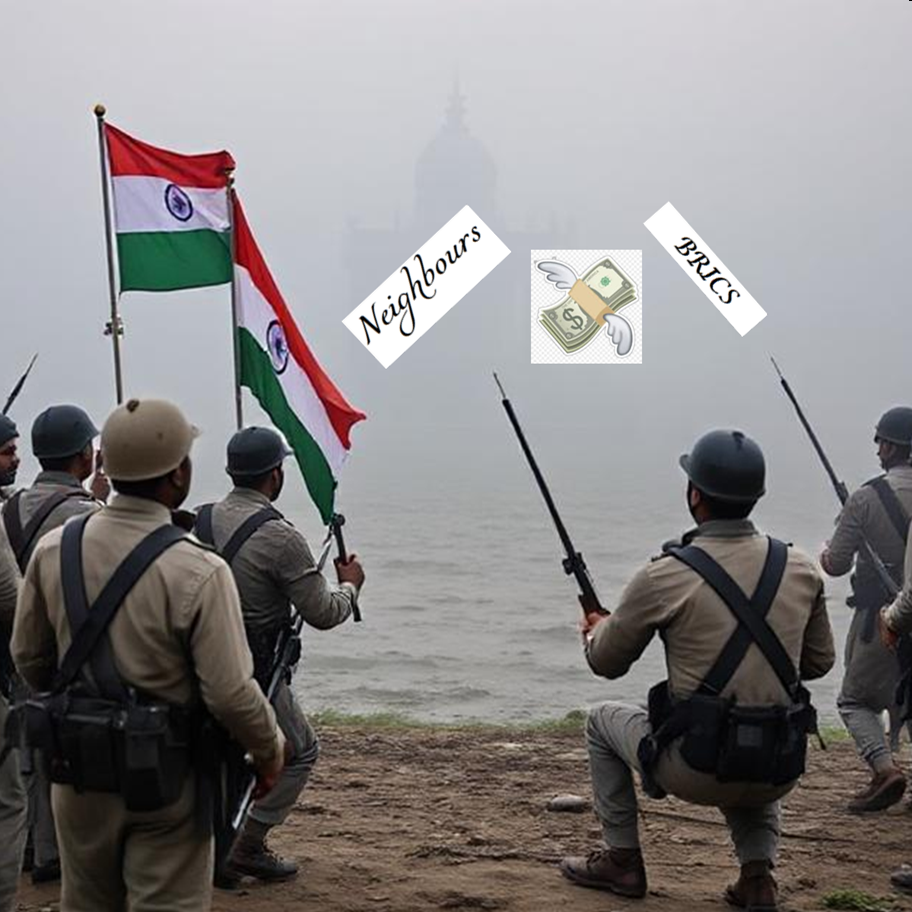
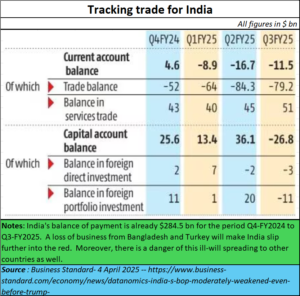
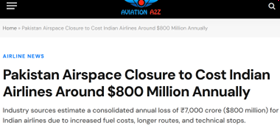

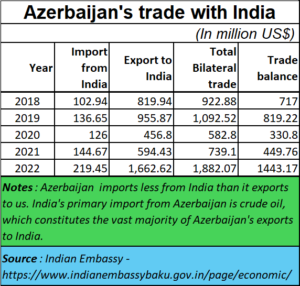
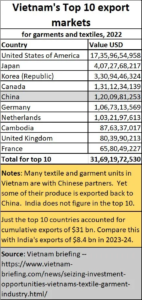
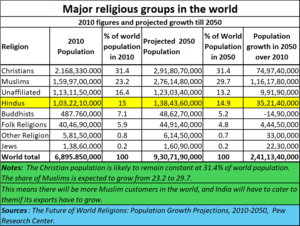
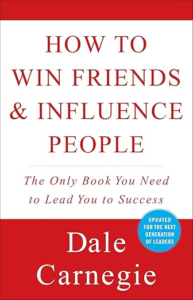






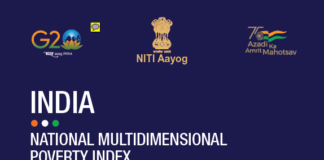
COMMENTS